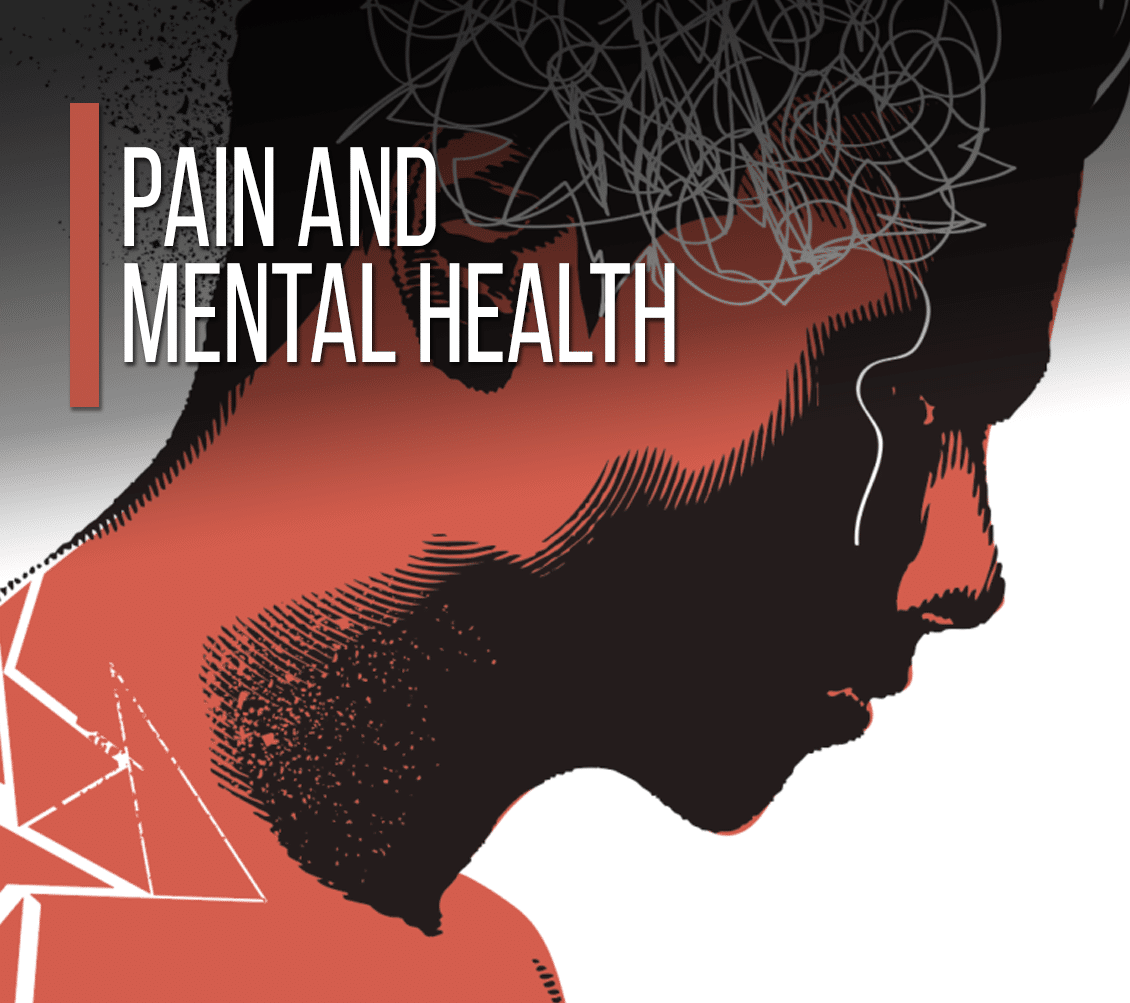In the last couple of decades, a revolution is happening in the mental health field as we begin to integrate medical components into our program. It started with substance misuse treatment and quickly incorporated things such as an individual’s thyroid which can create anxiety and depressive symptoms or diet and exercise that can have significant positive impact with a person’s mood and relationships. One big integration that is still continuing to be explored, researched, and discussed is pain.
Pain comes in many different forms. Whether back pain, headaches and migraines, withdrawal pain from substance misuse, or other chronic pain, these medical problems can have significant impact on an individual’s mental health.
Think about this from a church standpoint: an individual suffers from chronic pain flare ups and so is very inconsistent with church, unable to socialize or serve in ministries, can’t get out of the house, develop depressive symptoms because of this which leads to isolation and suicidal thoughts, and they start to question their spiritual walk.
Resources
There are actually several resources out there people can use in their clinical practice or from their church that we want to make sure you are aware of. The first is Pain Connection, a non-profit with support groups, training for people who have or help support individuals with pain, monthly free live conference calls, and even mindfulness yoga to help people practice managing their pain.
The second is the U.S. Pain Foundation, a federal non-profit looking to advocate for better resources, develop awareness for this overlooked population, and educate people on what pain is and is not as well as ways to manage your pain.
I’d encourage churches to not only educate yourself on this, but look at your church’s facilities and ministries to see if there are any ways to open up opportunities for your congregation and community who may be struggle with this issue as well as help support them in their recovery. Counselors, use these resources as a support as clients come in with mental health issues that may be directly a result of chronic pain.
What other resources or tips do you have for supporting people with chronic pain?
